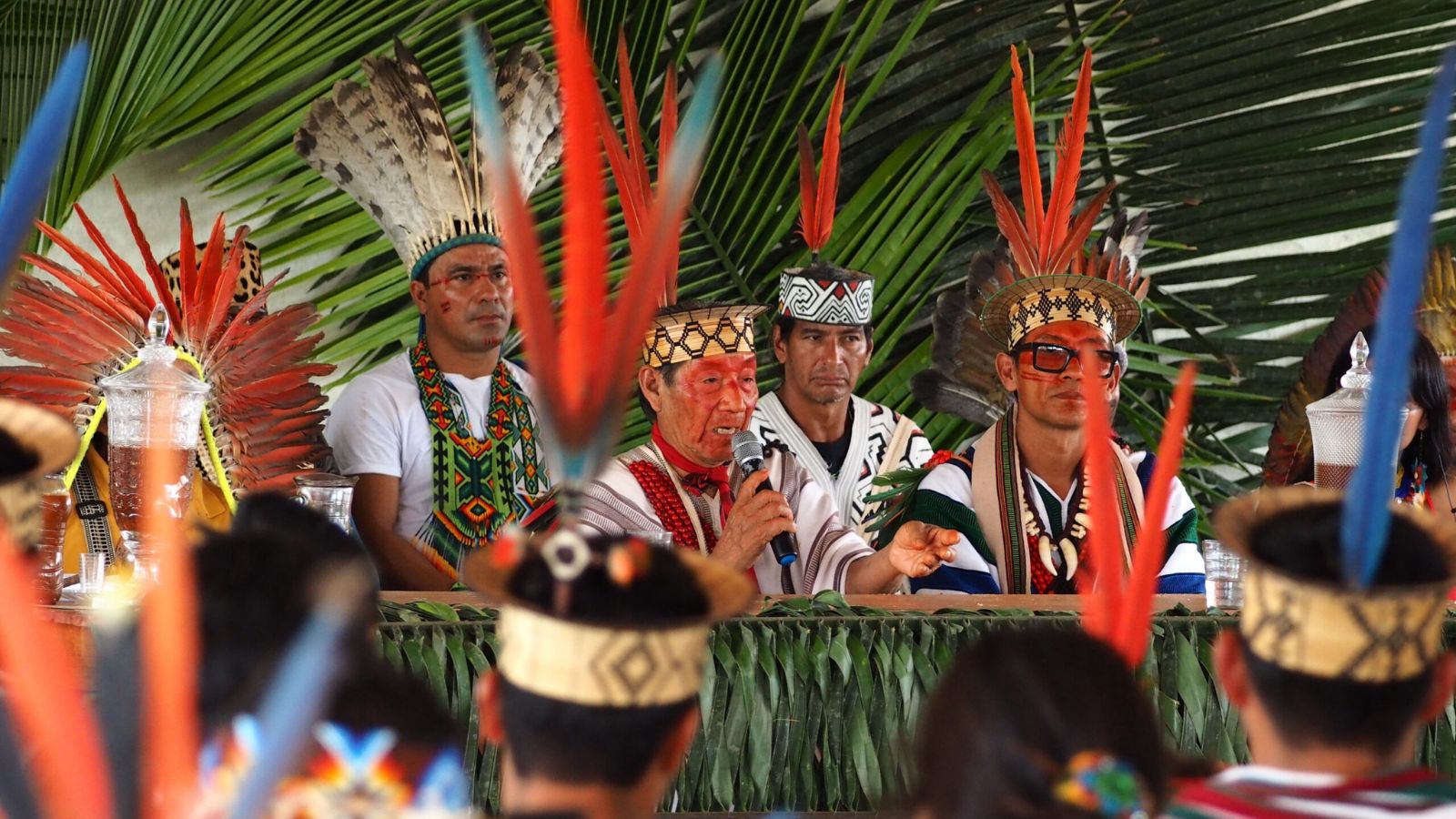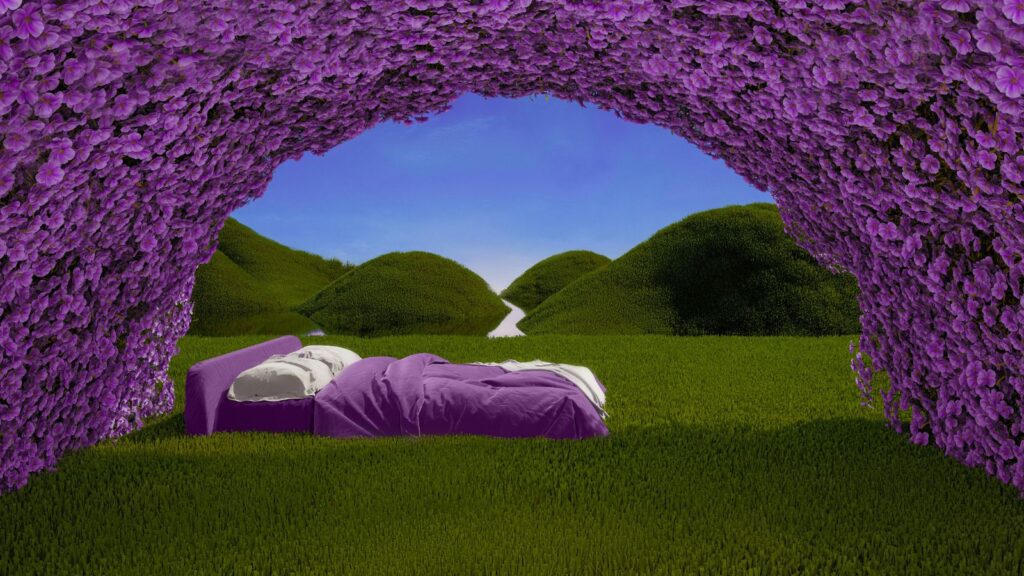Deep in the heart of the Amazon, where the forest’s pulse defines time and memory, a global transformation unfolded. In January 2025, the Sacred Village of the Yawanawa Nation in Acre set the stage for the 5th Indigenous Ayahuasca Conference—a gathering that was not merely an event but a revolutionary declaration. Over 200 Indigenous leaders from approximately 30 nations converged to reclaim a narrative that has been misappropriated, diluted, and commodified by global forces.
This was not just a conference, but a ceremony. Out of the dense, living tapestry of the rainforest, Indigenous delegates produced a manifesto that is as much a ritual as it is a legal and ethical appeal. The document rejects the uncontrolled spread and commercialization of ayahuasca and calls for the enforcement of international protections—ensuring that sacred plant knowledge and spirituality remain connected to their ancestral guardians.
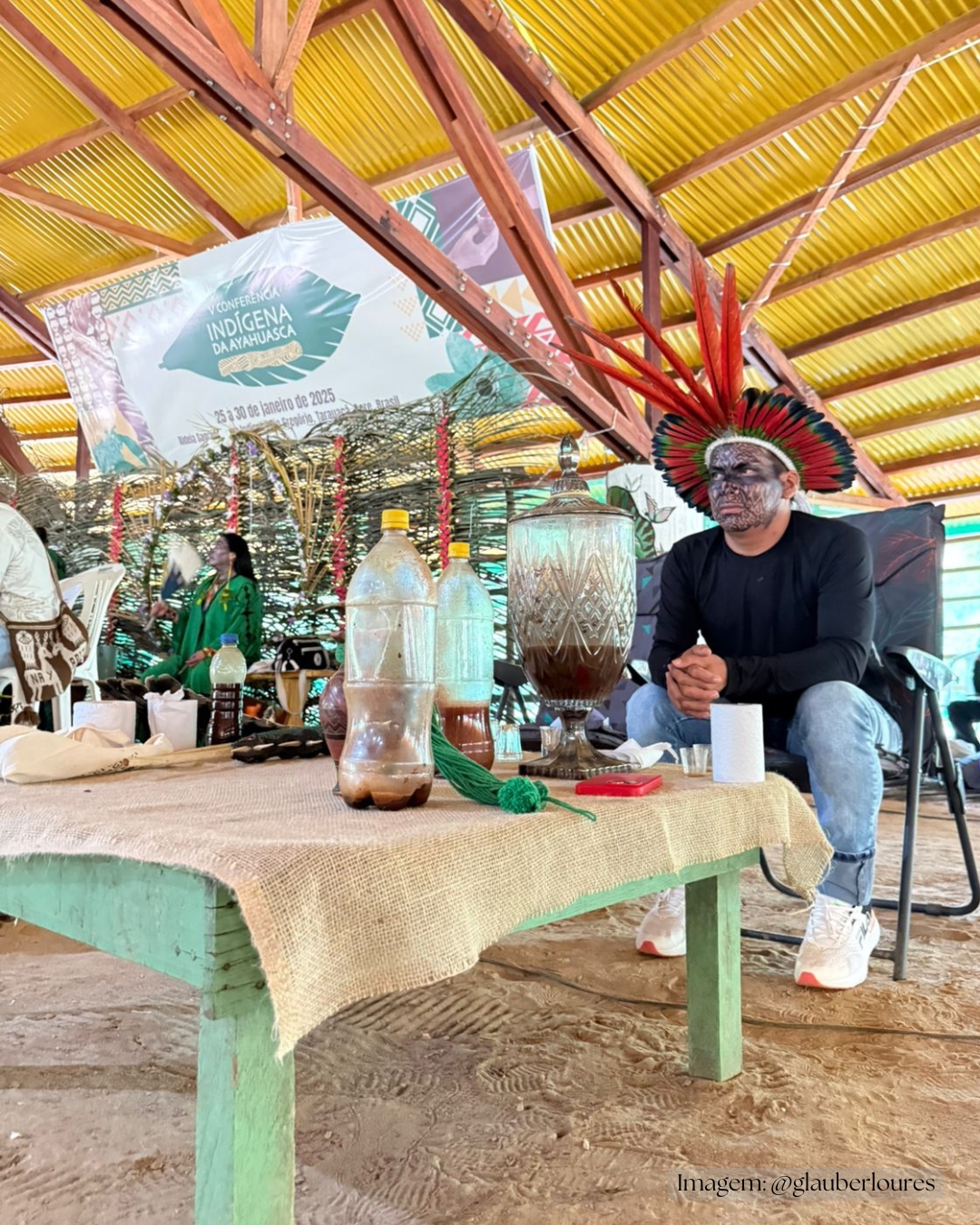
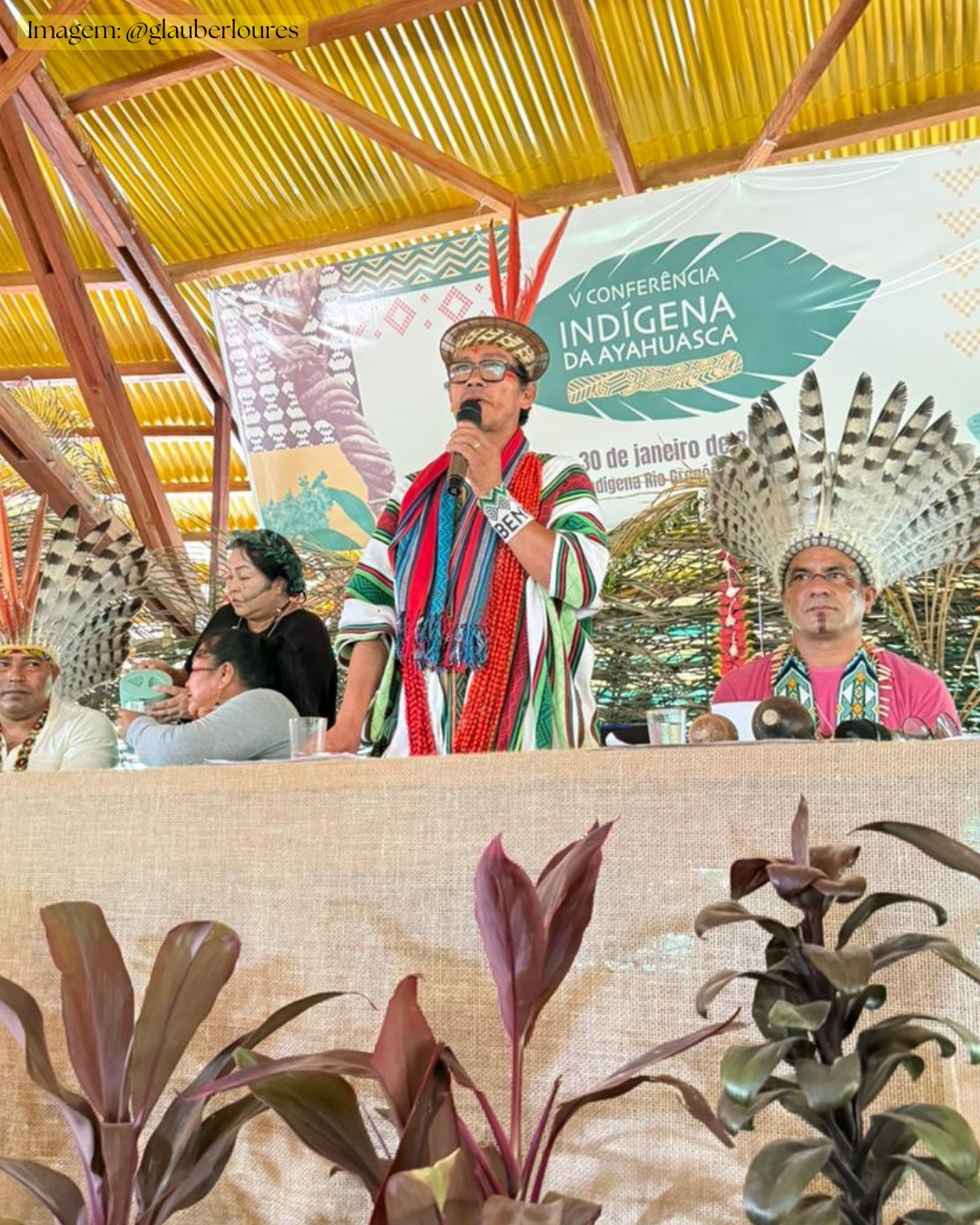
Ayahuasca: A System of Knowledge, Not a Commodity
In modern wellness culture, ayahuasca is often reduced to a buzzword—a “miracle cure” in pill or gummy form, adapted to fit the sensibilities of market-driven societies. Yet, for Indigenous peoples, this sacred brew—known variably as uni, kamarãpi, nixi pae, yage…—embodies a covenant with the land and its ancestors. It is a deep, intergenerational dialogue that imbues every ritual with meaning, responsibility, and a profound sense of belonging.
As the manifesto declares, “We repudiate all forms of commercialization of ayahuasca, which have come to form a global market transgressing ethical boundaries.” This is not merely a call to preserve tradition; it is an assertion of cultural survival. When ayahuasca is extracted from its biocultural roots, it ceases to be healing and is reduced to a sterile, marketable substance.
Healing That Transcends the Individual
In an era obsessed with quick and therapeutic outcomes shaped by egocentric and narcissistic ways of life, Indigenous healing stands as a radical alternative. Here, healing is communal, ecological, and intrinsically relational. It is the art of living in reciprocity— with one another, with the land, and with the cosmos.
Every observer there could see the contrasts between Western modalities of psychedelic therapy—which literally encapsulate the psychedelic experience—and the Indigenous perspectives, which honor every gesture, every song, and every silence as an expression of the sacred. Indigenous cosmovisions are not about the individual’s journey; they are about the community and the ecosystem that nurtures all life.
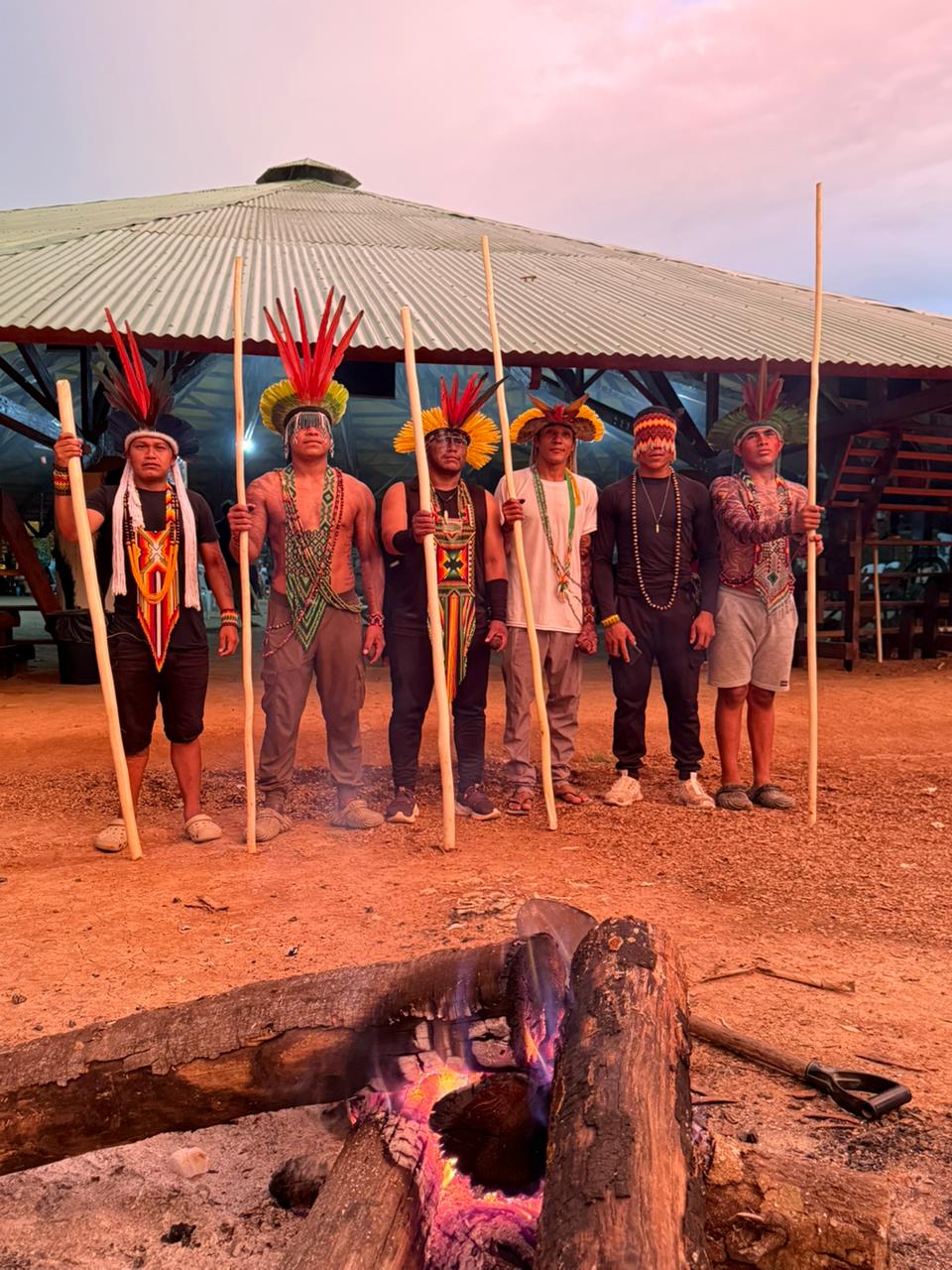
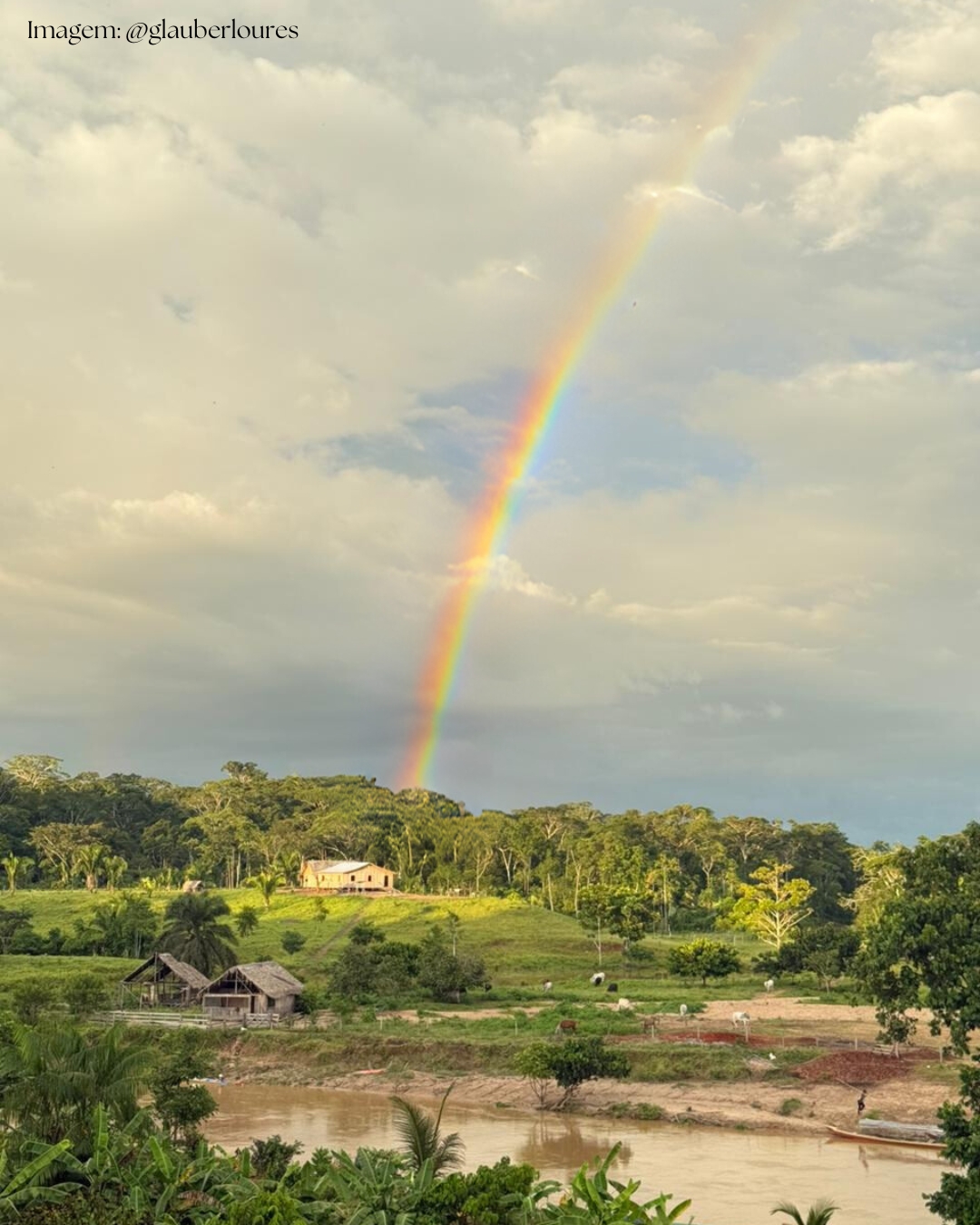
Critiquing the Myth of ‘Universal Shamanism’
A dangerous paradox has emerged in the global psychedelic scene. The term “shamanism” is routinely bandied about as if all who claim this mantle—be they white Western facilitators or traditional Indigenous healers—embody the same spirit. This oversimplification is a disservice to the vast differences in practice, lineage, and ethical grounding. It allows for a trend: visitors come to the Amazon, participate in a couple of ceremonies, then return home to create sanitized versions of something inherently rooted in deep tradition and territory.
“Many who come to the Amazon extract and appropriate from these cultures, trying to make a profit without any commitment to Indigenous rights,” I remarked after speaking with a journalist. “How can you ensure that Westerners won’t just visit for a week and then claim they’re ready to serve others?”
The reduction of shamanism to a buzzword not only undermines the sacredness of Indigenous practices but also creates a slippery slope where genuine healing is sacrificed for profit.
You cannot put Indigenous pajés with a lifelong training alongside Global North practitioners under the same umbrella and same label of “shamanism”.
A Ticket to Nowhere
The Brazilian Indigenous philosopher Ailton Krenak captured the peril perfectly: “They can invent a gummy called ayahuasca, they can invent a hallucinogenic brew called ayahuasca, they can invent a soda called ayahuasca, but without knowing what the shaman talks to the plant medicine, the only thing they will invent is a ticket to nowhere.”
Krenak’s words challenge us: without the full context of ceremony, lineage, and ecological wisdom, the appropriation of ayahuasca becomes hollow—merely a western detox, a detour from authentic healing. Ayahuasca is synonymous with systems of knowledge. Without Indigenous knowledge, there is no ayahuasca.
More than Psychedelics, Systems of Knowledge
I am an experienced ayahuasca practitioner and the founder of Céu da Divina Estrela, a Santo Daime church in Brazil. My children were born in ayahuasca communities, and my life has been irrevocably shaped by this sacred teacher. At the conference, I served not only as an observer but as a volunteer interpreter, facilitating translation between Portuguese, English, and Spanish.
Staying with the Yawanawa family after the conference and undergoing a traditional dieta, I deepened my understanding that Indigenous systems of knowledge transcend the label “psychedelic”—they take us to a profound relationship with the cosmos, an active commitment to the rights of Indigenous peoples, and a defense of the biocultures that sustain this ancestral science.
In short, it is a commitment to shape an Ancestral Future.
Legislating an Ancestral Future
The manifesto from the conference demands that international frameworks—like the Nagoya Protocol—be rigorously enforced to secure Indigenous territories, traditional medicines, and cultural heritage. It also condemns the arbitrary detentions and legal persecutions faced by Indigenous practitioners in places like Mexico, where simply carrying ceremonial items has led to incarceration.
“We aim to guarantee the freedom to come and go with our voices, colors, traditional clothing, and garments, as well as to practice our traditional rituals, with our instruments, ceremonial arts and our medicines, wherever we go.” These words are not mere rhetoric; they are a declaration of survival, dignity, and the right to self-determination. A declaration that reminds the psychedelic field: Indigenous peoples are the voices of plant medicine. The voice of mother Earth, remembering humans that the only sustainable future possible is the ancestral one.
Diversity, Plurality, and the Voices of Indigenous Women
This conference also made history by hosting a powerful panel led by Indigenous women to discuss their unique relationships with ayahuasca. Led by Putanny and Hushahu Yawanawa, Indigenous women are revolutionizing the ayahuasca world—becoming spiritual leaders and pajés, transmitting ancestral knowledge, defending their rights and teaching the new generations.
They are paving new paths of diversity and plurality that affirm that true healing must also be gender-just, welcoming and inclusive. As chief Nixiwaka says, “the future is feminine”.
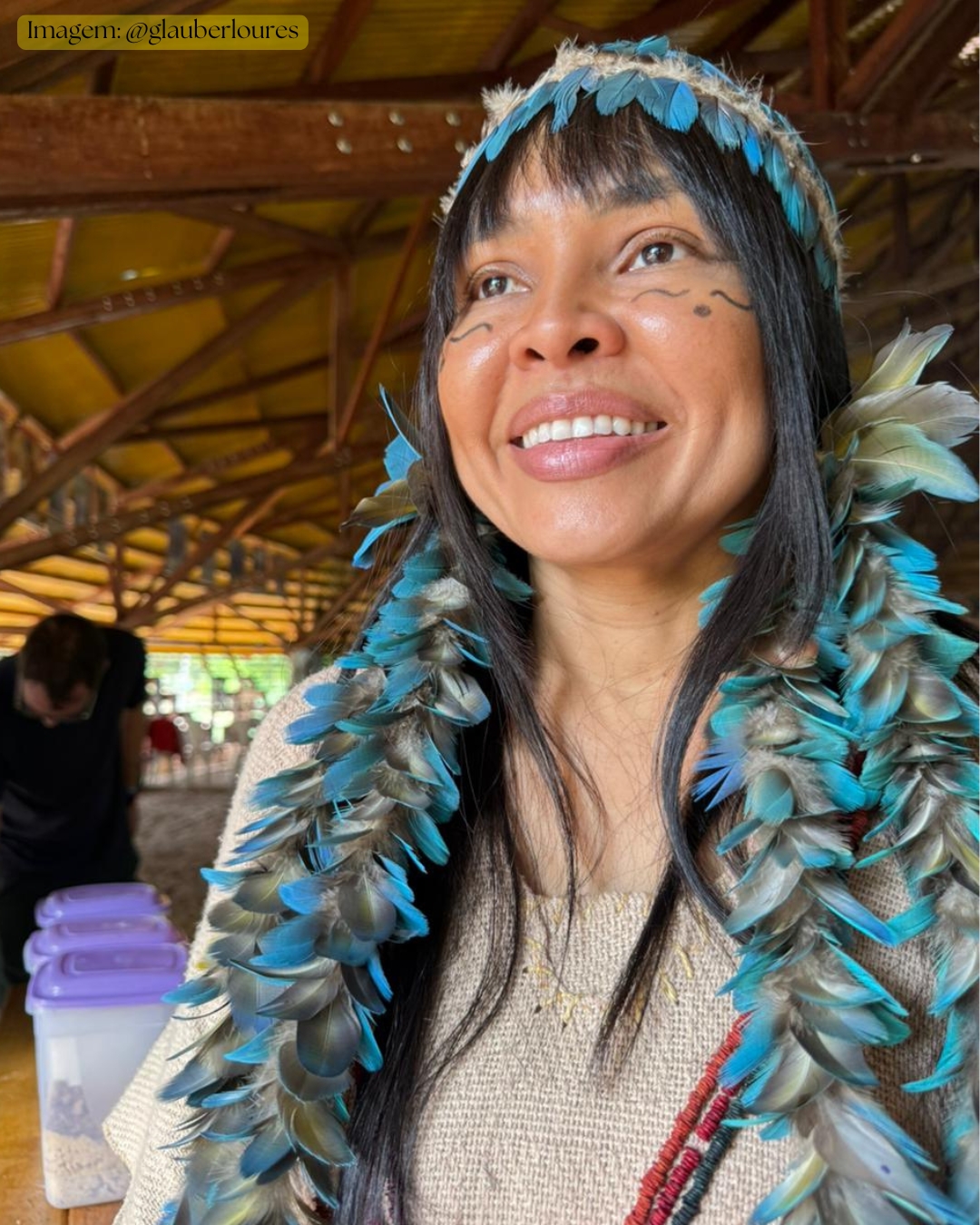
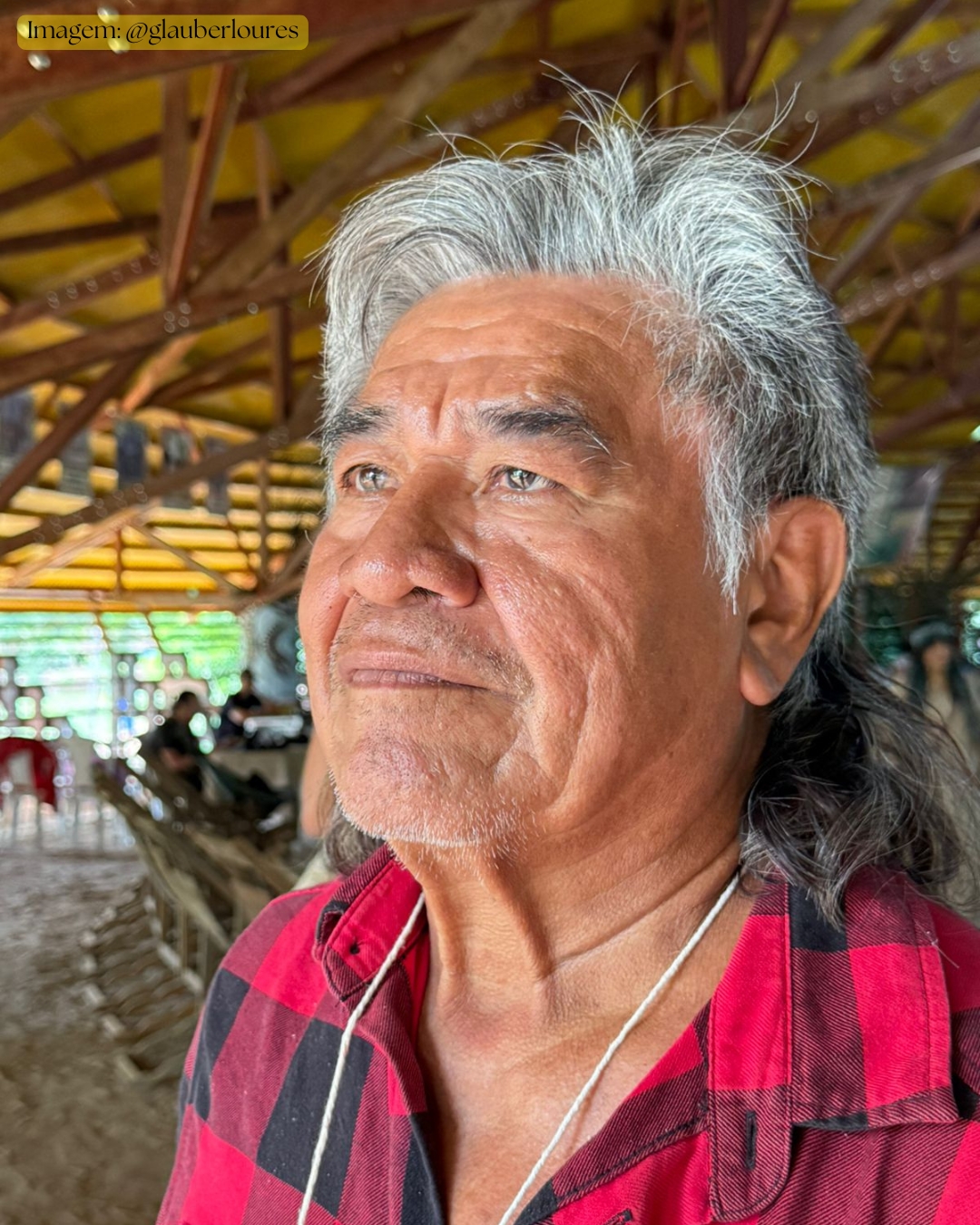
An Invitation to Stand in Solidarity
To everyone in the U.S. psychedelic community, this is your call to action: engage deeply with the voices from the Global South. When we stand with Indigenous peoples, we affirm that psychedelics are not just medications to be consumed for personal relief. Instead, they are potent, sacred technologies of healing—rooted in centuries of collective hard work and ethical responsibility. Psychedelics divorced from Indigenous rights are mere chemical agents; true healing demands relationship, kinship and accountability.
The Arrow Has Been Released
The conference ended as it began: in ceremony, in the intertwined voices of the forest. In the timeless night of the Amazon, the songs of every single Indigenous person present at the conference echoed into the future, carrying an arrow of defiance and hope into the world.
Learn more and read the complete letter at: https://ayahuascaconferenciaindigena.org
Follow ongoing updates at: @yorenka.tasorentsi on Instagram
With sincere gratitude to Benki Piyãko, Nixiwaka, Daiara Tukano, Iskukua, Jairo Lima, and Cristiane De Bortoli for the opportunity to collaborate and serve this vision.
May this arrow land in hearts ready to listen, remember, and stand for a future where Indigenous rights and sacred knowledge form the foundation of global healing.
Long live the forest. Long live the peoples who protect it. Long live the sacred alliances that hold this world together.
